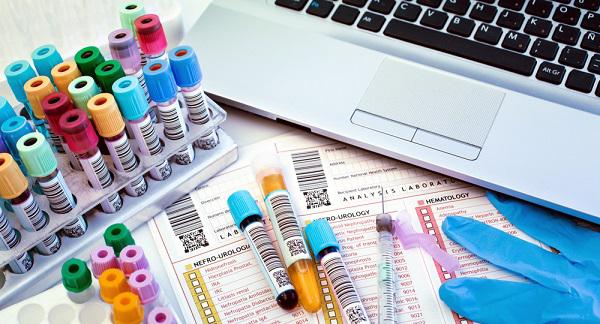
What is a smooth muscle antibody (SMA) test?
This test looks for smooth muscle antibodies (SMAs) in the blood. A smooth muscle antibody (SMA) is a type of antibody known as an autoantibody. Normally, your immune system makes antibodies to attack foreign substances like viruses and bacteria. An autoantibody attacks the body's own cells and tissues by mistake. SMAs attack smooth muscle tissues in the liver and other parts of the body.
If SMAs are found in your blood, it is likely you have autoimmune hepatitis. Autoimmune hepatitis is a disease in which the immune system attacks liver tissues. There are two types of autoimmune hepatitis:
- Type 1, the most common form of the disease. Type 1 affects more women than men. It is also more common in people who also have another autoimmune disorder.
- Type 2, a less common form of the disease. Type 2 mostly affects girls between the ages of 2 and 14.
Autoimmune hepatitis can be managed with medicines that suppress the immune system. Treatment is more effective when the disorder is found early. Without treatment, autoimmune hepatitis can cause serious health problems, including cirrhosis and liver failure.
Other names: anti-smooth muscle antibody, ASMA, actin antibody, ACTA
What is it used for?
An SMA test is primarily used to diagnose autoimmune hepatitis. It is also used to find out if the disorder is type 1 or type 2.
SMA tests are also often used along with other tests to help confirm or rule out a diagnosis of autoimmune hepatitis. These other tests include:
- A test for F-actin antibodies. F-actin is a protein found in smooth muscle tissues of the liver and other parts of the body. F-actin antibodies attack these healthy tissues.
- ANA (antinuclear antibody) test. ANAs are antibodies that attack the nucleus (center) of certain healthy cells.
- ALT (alanine transaminase) and AST (aspartate aminotransferase) tests. ALT and AST are two enzymes made by the liver.
Why do I need an SMA test?
You may need this test if you or your child has symptoms of autoimmune hepatitis. These include:
What happens during an SMA test?
A health care professional will take a blood sample from a vein in your arm, using a small needle. After the needle is inserted, a small amount of blood will be collected into a test tube or vial. You may feel a little sting when the needle goes in or out. This usually takes less than five minutes.
Will I need to do anything to prepare for the test?
You don't need any special preparations for an SMA test.
Are there any risks to the test?
There is very little risk to having a blood test. You may have slight pain or bruising at the spot where the needle was put in, but most symptoms go away quickly.
What do the results mean?
If your results show a high amount of SMA antibodies, it probably means you have the type 1 form of autoimmune hepatitis. A lower amount may mean you have the type 2 form of the disease.
If no SMAs were found, it means your liver symptoms are being caused by something different than autoimmune hepatitis. Your health care provider will need to order more tests to make a diagnosis.
If you have questions about your results, talk to your health care provider.
Is there anything else I need to know about an SMA test?
If your results showed that you or your child has SMA antibodies, your provider may order a liver biopsy to confirm a diagnosis of autoimmune hepatitis. A biopsy is a procedure that removes a small sample of tissue for testing.
This health news has been brought to you by the publishers of Health Reviews, Tips and News Website. Visit today for great health tips and reviews.



No comments
Post a Comment